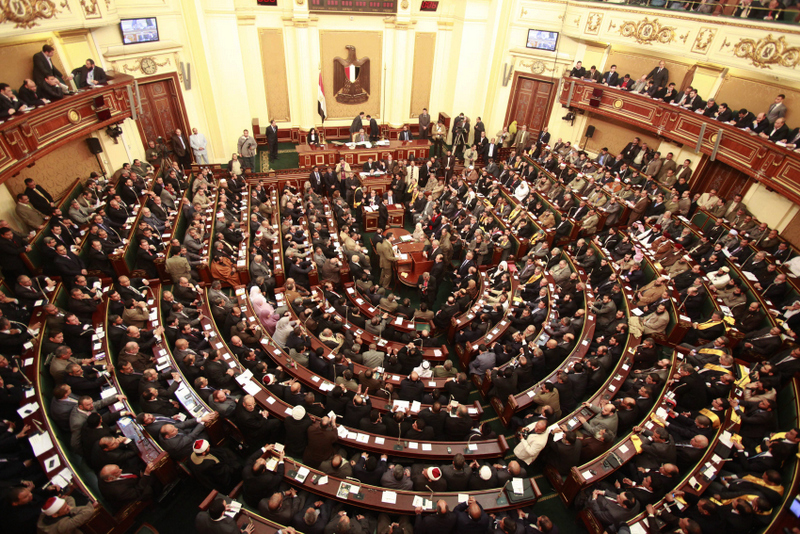Egypt’s Parliament approved on Sunday new government-drafted amendments to the Prisons Regulation Law. The draft will then be sent to the State Council for revision before given a final vote.
The law aims to regulate the reform and rehabilitation of prisoners and to facilitate decent living after their release.
The head of parliament’s legislative and constitutional affairs committee, Bahaa Abo Shoqa said that the amendment mainly regulates the release of prisoners convicted for organising illegal public gatherings, terrorism, drug trafficking, and money laundering in line with Article 56 of the constitution.
Article 56 of the constitution states that prisons are places of rehabilitation and shall be subject to judicial supervision, and is a space where all actions inconsistent with human dignity or endangers human health shall be prohibited.
The new amendment is in line with international conventions on human rights and helps protect society from serious crimes, such as drug trafficking and organising illegal gatherings.
The legislative and constitutional affairs committee and the human rights committee prepared a report to amend the regulation law to ban the “conditional release” of defendants serving prison sentences in crimes related to organising illegal public gatherings, carrying out terrorist acts, trafficking drugs, and laundering money.
The report indicated that members from the legislative and constitutional affairs committee and the human rights committee approved the new amendment, and the law now covers a legislative loophole that allowed some criminals to win judicial rulings for their conditional release.
“The current law on regulating prisons bans defendants convicted of drug trafficking only from being conditionally released,” stated the report.
“As stated by the law regulating prisons, the term ‘conditional release’ means that those who are serving freedom-restricting sentences can be released on three conditions: they must have served more than half their sentence; exhibit good behaviour and manners; and that they do not pose a threat to public security once released,” said the report.
In 2017, the Detained Youth Committee for Presidential Pardon, which is currently not active, were setting a plan to return prisoners released in previous lists back to their studies and work. The Detained Youth Committee had contributed to release dozens of prisoners. It was established based on recommendations made during the National Youth Conference that took place in October, when veteran politician Osama Al-Ghazali Harb called on the president to release young detainees.



